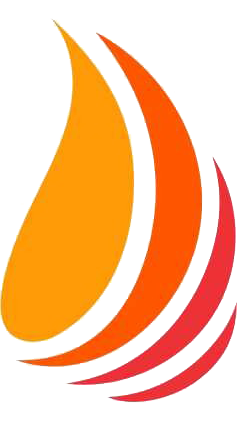Every Child Deserves Quality Education
A society has a responsibility to equip its citizens with values, knowledge, skills and tools with which they engage each other and their environment in pursuit of a life of meaning and well-being. While this will normally happen as a matter of course of life itself through trial and error for example, mankind has evolved a formalised approach to learning, the process of acquiring knowledge or learning through intentional education.
Today, it is universally accepted by economists and political leadership alike that education as the most important production factor in increasing human capital, a major determinant of economic growth. Indeed, classical scholars dating back to Adams Smith (1776) and Alfred Marshall (1890) identified a knowledgeable individual as a component of capital employed in economic production. Education therefore, as a system of generating and transmitting knowledge, is unequalled in its power to help individuals by empowering socio-economic engagement, encouraging collaboration, creating jobs and employment through entrepreneurship, developing social interactions, driving civic duties and activism based on awareness of rights, improving health and well-being as an conscious intent, and reducing poverty by economic inclusion and income generation.
Studies have shown conclusively that the likelihood of a child succeeding in life is still largely determined by their family’s income and social position which together in turn mostly determine their access to quality education. It is no surprise therefore, that given the importance of education as the gateway to better life-chances, every parent desires the opportunity to send their children to a good school, every teacher wants to work in a good school, and every principal wants to lead a good school. Every Government wants intelligent skilled and productive employers and employees to improve its GDP.
A quality education includes competency skills of reading and writing knowledge and understanding of maths, science, history social sciences, a foreign language and broad experience in interactive and arts. In addition to these subject-matter domains however, contemporary thinking also identifies 7 Core Competencies that are critical to the ability of the learner to leverage the knowledge acquired: Critical Thinking and Problem-Solving, Collaboration across networks and Leading by influence, Agility and Adaptability, Initiative and Entrepreneurialism, Effective Oral and Written Communication, Accessing and Analysing Information, and Curiosity and Imagination. A holistic approach to learning outcomes for an Education system must encompass all of the foregoing. Taken together, these competencies and content knowledge support the development of 21st century skills and attitudes that makes content knowledge a powerful driver for individual’s self-actualisation.
The work that we do is firmly anchored
on what our leadership believes:
1. That the purpose of our endeavor is vital to the emergence of Nigeria as a nation, a society and an economy that provides for the well-being of its people. That the purpose of our endeavor is vital to the emergence of Nigeria as a nation, a society and an economy that provides for the well-being of its people
2. That our member-partners have the knowledge, skills, creativity and experience needed to deliver effective and sustained reform in Education
3. That the delivery of real and lasting reform is only possible when Government engages with Education as an ecosystem comprised of stakeholders (educators, teachers, principals, parents, content creators and publishers, equipment and service providers, etc.).
Recognising the inter-connected and mutually dependent roles these stakeholders play, ensures that policy makers can make informed decisions about the gaps in the educational system, reform needed in schools, teaching, learning, curriculum and pedagogy.
4. That the learner must be the focal point of reform, and the school, the organising unit within which reform initiatives must take root. Therefore, we work directly with teachers, school leaders , the community and the managers of private and public education to create learning environments that enable learners be successful.
5. That all learners must have access to comprehensive quality education regardless of their cultural, religion or economic background.
6. That we can only provide learners with an excellent advantage if we can recruit the brightest and committed in the teaching profession.
